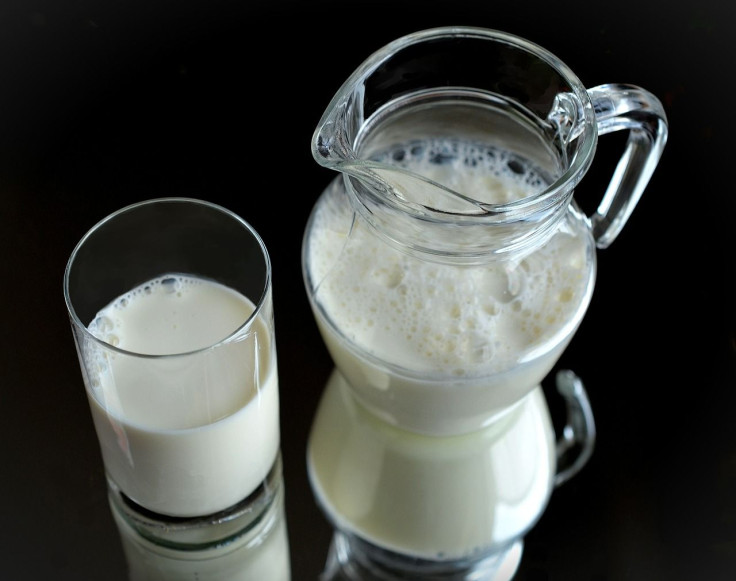Warm Milk Before Bed: Researchers Shed Light On Milk's Sleep-Enhancing Properties
KEY POINTS
- Drinking warm milk before bed has been a long-standing tradition in many cultures
- Researchers identified peptides that give milk its sleep-enhancing properties
- Medications typically prescribed for insomnia can have side effects
Drinking warm milk tends to make people sleepy, but exactly what is it in the dairy that helps people fall asleep?
Having a glass of warm milk at bedtime has long been advised as a way to get a good night's sleep. Common sedatives prescribed for insomnia tend to cause side effects and have a potential for addiction, the American Chemical Society (ACS) noted in a news release. It's no wonder the tradition to drink warm milk before bed has stood the test of time.
But how does milk help people have good sleep? According to the organization, this sleep-enhancing property is typically attributed to an amino acid called tryptophan. It plays an important role in producing the neurotransmitter serotonin, which promotes relaxation and is a precursor to the production of the sleep hormone melatonin, Healthline explained.
Apart from tryptophan, however, scientists have also discovered natural peptides that have sleep-enhancing effects.
"For example, treating a protein in cow's milk, called casein, with the digestive enzyme trypsin produces the mixture of sleep-enhancing peptides known as CTH," the ACS noted. CTH stands for Casein Tryptic Hydrolysate. "Within this mixture, a specific peptide known as α-casozepine (α-CZP) has been identified that could be responsible for some of these effects."
For their study, published in the Journal of Agricultural and Food Chemistry, researchers sought to find other, possibly even more powerful, peptides in CTH that can help aid sleep. To do this, they first looked at the effects of CTH and α-CZP in mouse sleep tests and found that CTH actually had better sleep-enhancing properties than α-CZP on its own.
"Our results showed that CTH significantly prolonged sleep duration in mice, which was almost 2-fold longer than that of α-CZP," the researchers wrote.
This suggests there are other sleep-enhancing peptides in CTH, ACS noted.
Next, the researchers used mass spectrometry to look at the bioactive peptides released in CTH during "simulated gastric digestion." The researchers identified two peptides with "strong sleep-enhancing activity" -- YPVEPF and YFYPEL.
Notably, YPVEPF actually led to a 25% increase in the number of mice that quickly fell asleep, the ACS noted. It also increased their sleep duration by a whopping 400% compared to the control group.
This could pave the way for new and natural remedies for sleep, the researchers said, as per the ACS. Moreover, further exploration of CTH may also reveal other sleep-enhancing peptides.
With over a third of adults in the U.S. not getting enough sleep on a regular basis, as per data from the Centers for Disease Control and Prevention (CDC), natural sleep remedies like these may prove to be particularly useful.

© Copyright IBTimes 2024. All rights reserved.






















